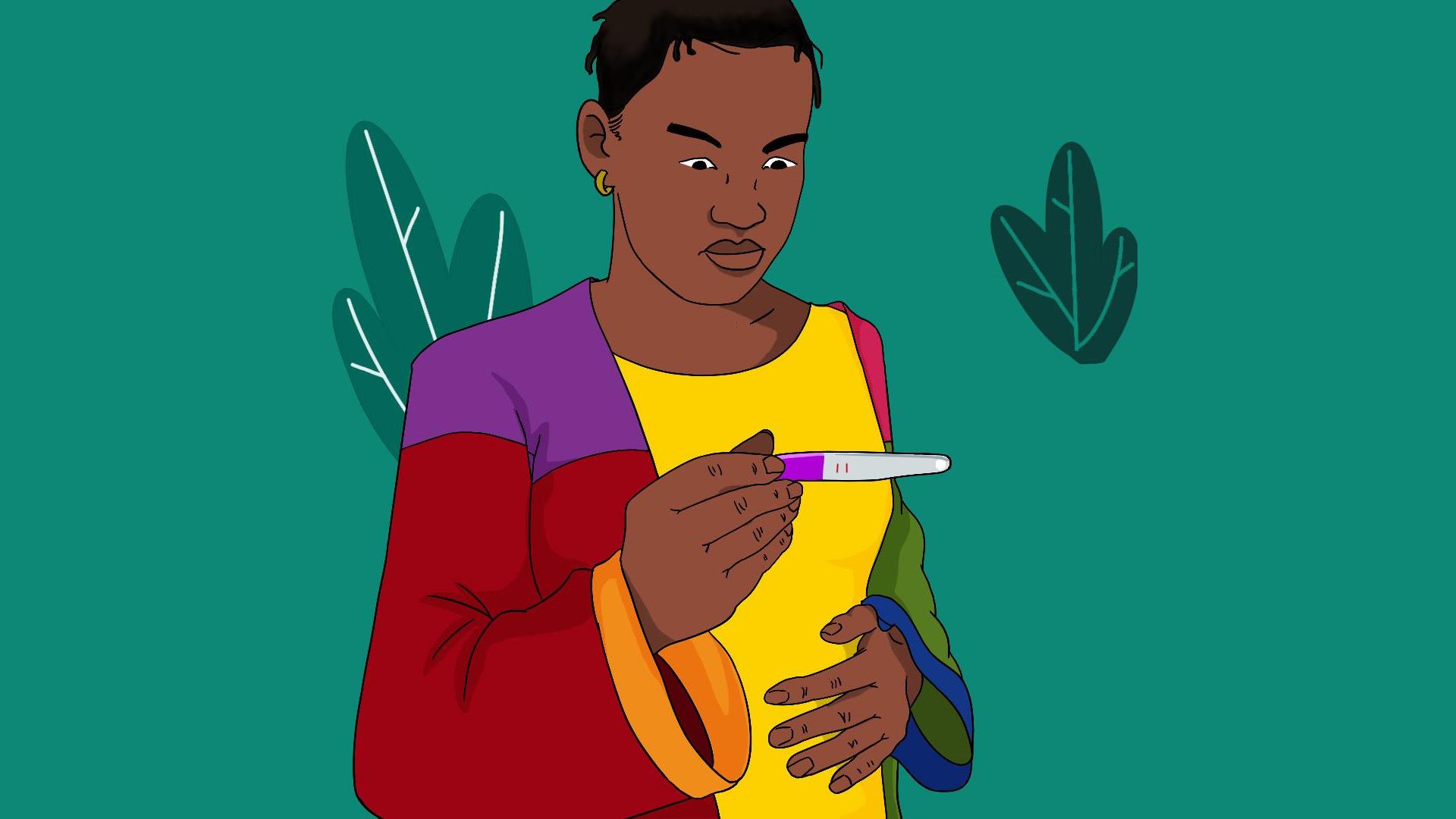🎧 Listen to: Abortion (s)

Abortion
What is abortion?
Abortion happens when a pregnancy ends before the baby can survive outside the womb. In Ghana, this is before 28 weeks, but most occur within the first 12 weeks.
Abortion can be natural (miscarriage) or intentional (induced). Miscarriages affect about 20% of pregnancies. Induced abortions happen for various reasons, and laws differ across Africa.
How common is abortion in Africa?
- Over 6 million unsafe abortions occur in Africa yearly.
- Many young women resort to unsafe abortions due to misinformation and fear.
How is abortion done?
- Medical abortion (pills)
- Uses two pills (mifepristone & misoprostol) to end pregnancy.
- Available in health facilities & covered by Ghana’s NHIS.
- Best for pregnancies up to 10 weeks.
- Side effects: bleeding, cramping, nausea.
- Surgical abortion
- Done in hospitals by professionals.
- Methods: vacuum aspiration (before 12-16 weeks) & dilation & evacuation (D&E) (after 12 weeks).
- Recovery: Rest for a few days, avoid sex for a week.
Dangers of unsafe abortion?
- Infections, heavy bleeding, infertility, and death.
- Unsafe abortions cause 11% of maternal deaths in Ghana.
Legal status in Ghana?
Abortion is legal for rape, incest, fetal abnormalities, or health risks.
Common myths and facts?
- “Abortion causes infertility.” False. Safe abortion does not prevent future pregnancies.
- “Herbal remedies are safe.” False. Many causes severe infections.
- “Abortion is illegal.” False. It is legal under specific conditions.
Final thoughts?
If facing an unplanned pregnancy, seek accurate information and safe care. Your health matters!
